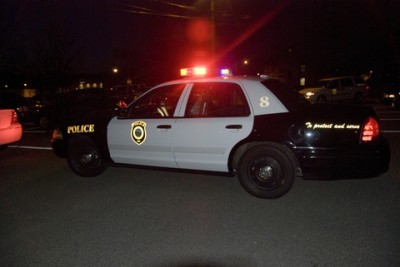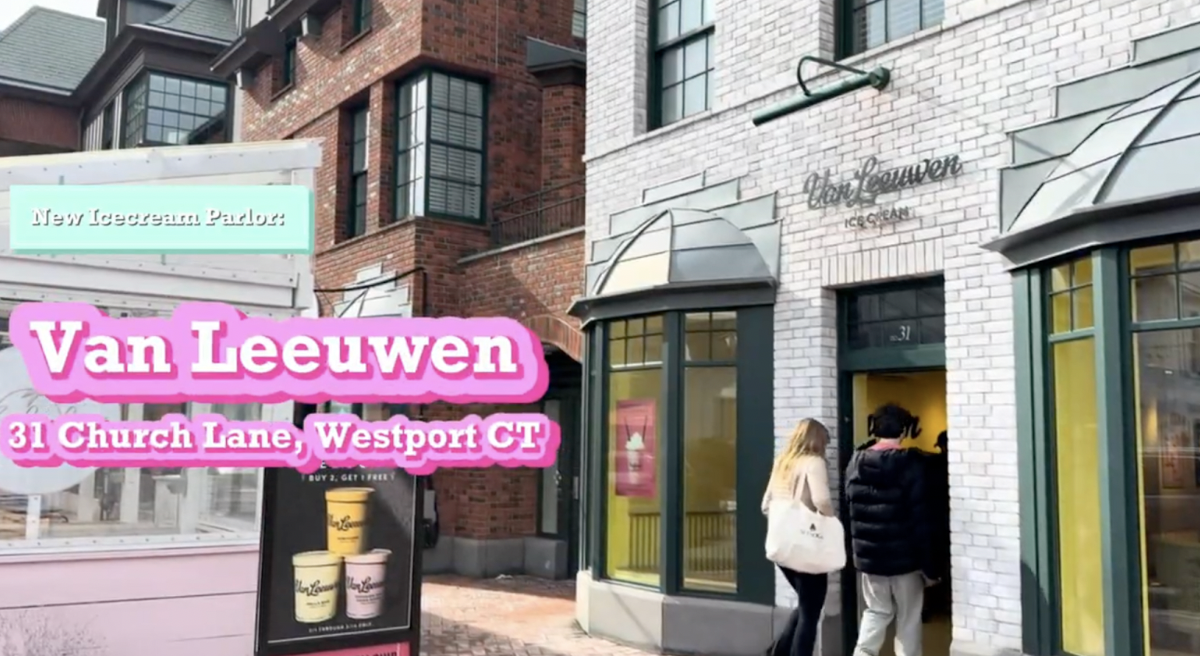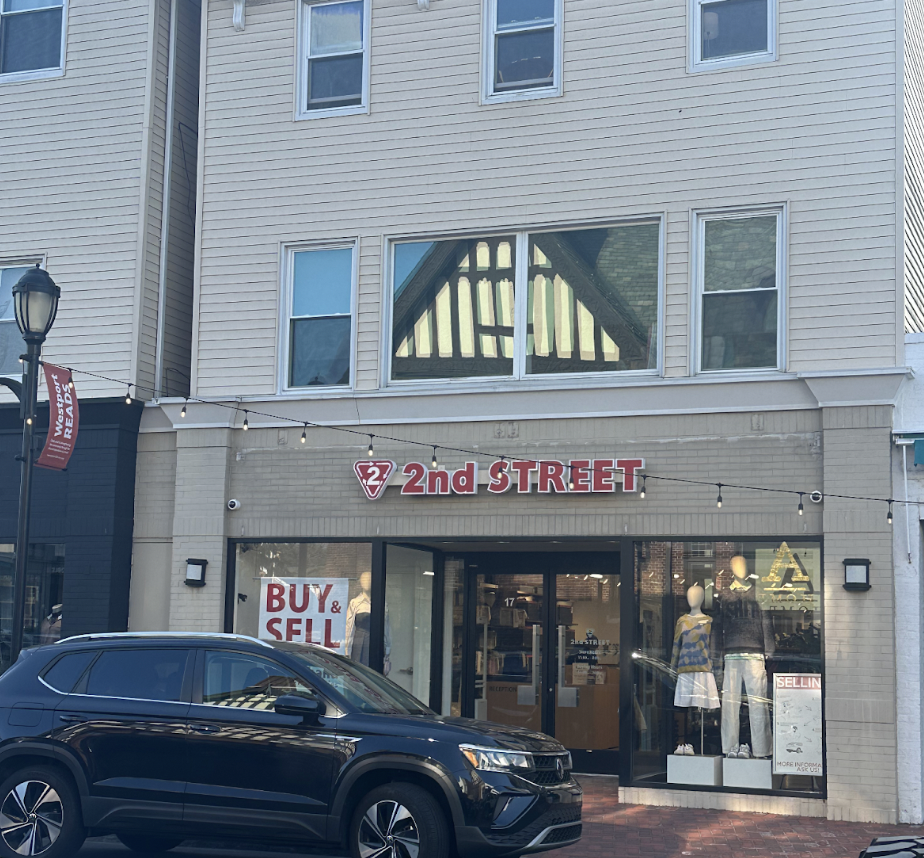
It’s just after midnight.
What was supposed to be a small get-together is now another Westport party. Kids pile in and out of a house filled with drunken students and blasting music. All of a sudden, a kid from upstairs flies down to the basement yelling, “Cops! Cops!”
When that single-most dreaded word echoes through the basement, everyone turns to look at each other, momentarily frozen. Some run, others hide.
The panicked ones dash out the door to the cars lined up and down the street. But for the remaining crouched behind bookshelves and underneath tables, a procedure of sorts is soon formulated:
“Someone get the lights! You! Turn off the music! Hide all the bottles! Everyone just shut up!”
What happens from here can go several different ways. There are many misconceptions of what to do when confronted with a situation involving the police. But to protect oneself, and prevent further trouble, being prepared and knowing the law is key.
According to Youth Officer and Detective Serenity Dobson, Connecticut’s General Statute 30-89 regarding underaged drinking states that any “person [with] possession of, or exercising dominion and control over” alcohol is acting illegally.
Therefore, it is considered an infraction to be in possession of alcohol, though it is not illegal to be intoxicated. Upon violation, a minor may be charged with a fine of $136 as well as suspension of a motor vehicle license.
A student does not have to be drinking in order to receive under-aged drinking summons—the distributed charges are typically up to the officers’ discretion. Some deem this policy to be unfair, as sober minors merely in the vicinity of alcohol can be arrested.
“Laws are written for a reason. We don’t make them, we enforce them,” Dobson said.
Students generally have two different approaches to avoid potential conflict with the police—either run away or stay at the scene.
According to Outreach Counselor Chris Lemone, Staples’ Teen Teen Awareness Group (TAG) advises students to stay at the house and talk to the cops, as opposed to running. Lemone believes that “if you run, you look guilty and there’s a better chance of you getting ticketed by running. When you stay, if you’re being respectful and responsible, there’s a chance that cops will respond to that and just be concerned with getting you home safely.”
According to “The Criminal Law Handbook,” written by Sara Berman and Paul Bergman, talking to police officers may end up helping a student’s situation, as cooperation with the police is crucial.
“Police officers may be as interested in clearing the innocent as in convicting the guilty. People can often clear their names as well as help the police find the real perpetrators by answering a few straightforward questions,” the book says.
But in the opinion of some students, running away seems like the best course of action to steer clear of trouble once this situation arises.
One Staples graduate attended a party with alcohol, though was sober throughout the night. When cops arrived, the student followed the advice he had been given throughout middle and high school, and stayed at the house. The source has been granted anonymity due to the nature of the topic.
“The people who ran away had no problems and were not issued citations,” the source said. “I had the opportunity to run, and waited around for several minutes to talk to the police and still got in trouble even though on that night I had not been drinking and had offered to take a breathalyzer to prove it.”
Breathalyzers could seemingly be a simple solution to this problem: those who claim they are sober could take a test to prove their innocence.
But according to Dobson, Westport Police does not carry breathalyzers, although she does believe that they would “cut out a lot of work.” Instead, further investigation is conducted either through on-scene sobriety tests or blood alcohol content examination at the station.
Perhaps the absence of breathalyzers encourages students to run from the scene, as there is little opportunity for students to prove their innocence.
“Run away and keep running until you are well away from the party and the police. Regardless of what the cops tell you in school, it is not worth sticking around to see if they are going to be nice or not on that particular night,” the source said.
However, as both TAG and Dobson advise, the most effective way to avoid potential charges is to stay away from such parties and scenarios.
“When you go to a party, you pretty well know there’s going to be alcohol. When you’re in high school, you know it’s illegal. By just being there, you’ve chosen to accept the consequences that might be thrown at you,” Lemone said.













































Victoria Tegg • Aug 7, 2019 at 6:50 am
This site was helpful. I was looking for simple games to play with homeless and older aged street people after we finish our weekly Bible study. They are hesitant to do anything complicated and seem to have a lot of fun with just simple childrens games. We play bingo, have Bible drills and last week we even played musical chairs and they had a really good time. They got a little rough but they are big people so that was O.K. Next we will try the sock toss into the laundry basket. We give tiny prizes and they are so happy with them. I was also considering doing dropping clothes pins into a bottle and pin the tail on the donkey.
Victoria Tegg
Alisha Ross • Jul 5, 2019 at 5:46 am
Spot on with this write-up, I really believe this web site needs a great deal more attention. I’ll probably be returning to see more, thanks for the advice!
Regards
Ross Alisha
MOSES BRODIN • Jul 2, 2019 at 12:32 am
Great ideas. Thank you so much. What do you call the first game? Didn’t see a name for it and I’m trying to create a list/handout so our neighborhood kids (mostly elementary school) can play them even if we aren’t there to explai
Ragerds:Moses Brodin
Eve Hunt • Jun 21, 2019 at 11:43 pm
Thank you for any other wonderful post. The place else may anybody get that type of information in such an ideal way of writing? I’ve a presentation next week, and I am at the look for such info.
Regards: Eve Hunt
Nicholas Weiner • Feb 27, 2011 at 1:26 pm
This problem has happened for years… the whole running away thing, back in March 2006 that’s just what my classmates did – I actually stayed, and the police took down everyone’s names who stayed. The next day, everyone’s parents were called – though all the police said was that their kid was at a party with alcohol. And the father of the party said to the girl hosting it “I didn’t know this was a bad idea”.